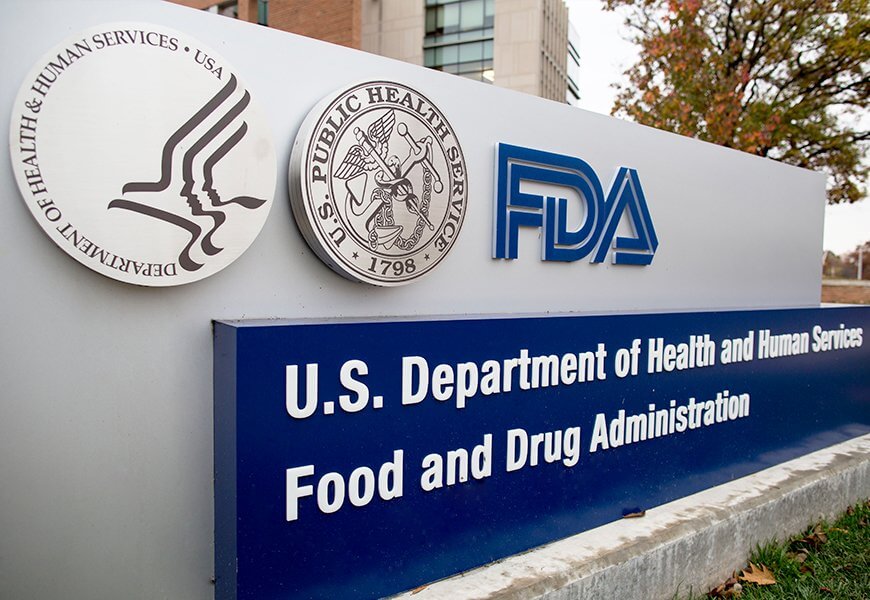Caffeine pills have several factors you should consider before buying them, including their side effects, dosage, interactions with other medications, and avoidance.
KAMPALA | NOW THEN DIGITAL — Before you choose caffeine pills, there are several things you should know. These include its side effects, dosage, interactions with other drugs, and avoidance.
- It is important to understand the side effects, dosage, interactions with other drugs, and avoidance of caffeine pills before taking them.
- While caffeine pills are a quick, easy way to boost your energy levels, some people may abuse them. This occurs when people use them more than recommended.
- People who overdose on caffeine pills may go on to take multiple pills in a short amount of time, which can cause a variety of negative side effects.
- High levels of caffeine can increase the risk of cardiovascular problems, high blood pressure, and anxiety.
- For this reason, it’s important to talk to your health care provider if you’re taking caffeine pills regularly.
Also, consider your individual needs and preferences. Caffeine pills are more natural than energy drinks.
Some may be too acidic or contain other ingredients that can irritate the digestive system.
Others may simply be seeking a more balanced source of caffeine. In any case, you’ll find the information you need to make the right choice.
Side effects

Caffeine pills can be addictive. While they give you energy, they may also change your mood. Caffeine pills should be taken in moderation and not as a substitute for a healthy diet.
If you find yourself constantly bouncing back and forth, talk to your doctor about the side effects of caffeine.
Also, you should not take them if you are pregnant or under 18 years of age. Caffeine pills should be consumed only after consulting a doctor and you should avoid them if you are pregnant or are under 18.
While the effects of caffeine pills can be mild, they are still important. The caffeine pills that you take should be taken in the recommended dose.
Overdose can lead to dangerous side effects, including anxiety and depression. To minimize the risk of caffeine overdose, start with a quarter tablet and build up gradually.
These pills are also not for everyone. If you do decide to take them, remember that they have contraindications with other supplements and drugs.
Always consult a physician before taking any type of supplement or drug.
Caffeine pills can be bought at most vitamin stores and pharmacies. Internet shopping has the widest selection and allows you to compare ingredients and prices.
Modern shipping means your order will arrive within two business days. Caffeine pills are taken either with or without food or water.
Many manufacturers recommend one pill every two to three hours. Do not take more than two pills per day. These pills can increase your risk of developing osteoporosis.
Caffeine pills can help you lose weight. They can also curb your appetite. However, caffeine pills are dangerous when taken regularly and with inadequate nutrition.
People with underlying medical conditions may be more sensitive to the effects of caffeine, or they may even combine it with other drugs.
Caffeine is a central nervous system stimulant. While caffeine is generally safe when used responsibly, it can become addictive and cause withdrawal symptoms if taken too frequently.
Dosage
The dosage of caffeine pills varies greatly based on the brand, and there is no universal recommended dose.
Some people take 200 mg at once, while others need up to 400 milligrams of caffeine per day. Caffeine pills can last up to five hours.
While caffeine is considered safe in limited quantities, it is important to read the package label and follow all instructions. Caffeine is also found in many other products, such as energy drinks, protein bars, and chocolate.
While caffeine is a popular stimulant and is used to increase energy levels, too much of it can cause a fatal overdose.
Caffeine can raise the heart rate and blood pressure, as well as increase alertness. This makes it popular with long-haul drivers and students. Caffeine is not for everyone, though.
There are many side effects of caffeine, including headaches and nervousness. If you’re pregnant or nursing, check with your doctor before taking any caffeine-containing products.
Interactions with other drugs
Caffeine pills can interact with several prescription and non-prescription medications.
In addition, varying amounts of caffeine may affect the body’s ability to absorb certain substances, such as iron.
In such cases, you should discuss your caffeine supplementation with your healthcare provider before using them.
Coffee, tea, and cola drinks contain caffeine. However, caffeine is also present in analgesics, agents that increase alertness, and drugs used to treat or prevent preterm birth complications.
While the potential for interaction between these drugs is low, there are steps patients can take to mitigate their risk.
Consult your healthcare provider before taking any new medications or changing your current regimen.
Avoidance
The FDA has issued a warning against dietary supplements that contain high concentrations of caffeine. These products are highly concentrated forms of stimulant and may cause health problems.
The FDA has identified two recent cases of deaths related to these pills.
Consequently, it is vital to avoid caffeine pills in bulk containers and take only those with a label that states it contains caffeine.
Conclusion
Caffeine pills are highly addictive. They also contribute to the development of a number of serious health conditions, including high blood pressure, anxiety, and headaches. Some of them have even been linked to bone loss.
Natural alternatives to caffeine pills include black coffee, green tea, holy basil, cacao nibs, and ashwagandha. Peppermint oil is also an effective alternative to caffeine pills.
These alternatives have the same stimulating effect without compromising your health.
While caffeine can enhance physical and mental performance, it can also negatively affect your appetite. Studies have shown that it can increase your resting metabolic rate.
It increases your body’s adrenaline levels, which signal the breakdown of fat tissue into energy. When taken in combination with a healthy diet and exercise program, caffeine can help you shed pounds.
When taken in moderation, caffeine tablets may improve your athletic performance.
However, do not take caffeine supplements more than an hour before a workout.
You’re reading nowthendigital.com — which breaks the news about Uganda, Kenya, Nigeria, South Africa and the rest of the world, day after day. Be sure to check out our homepage for all the latest news, and follow NOW THEN DIGITAL on Twitter, Reddit, Pinterest and Flipboard to stay in the loop.

















